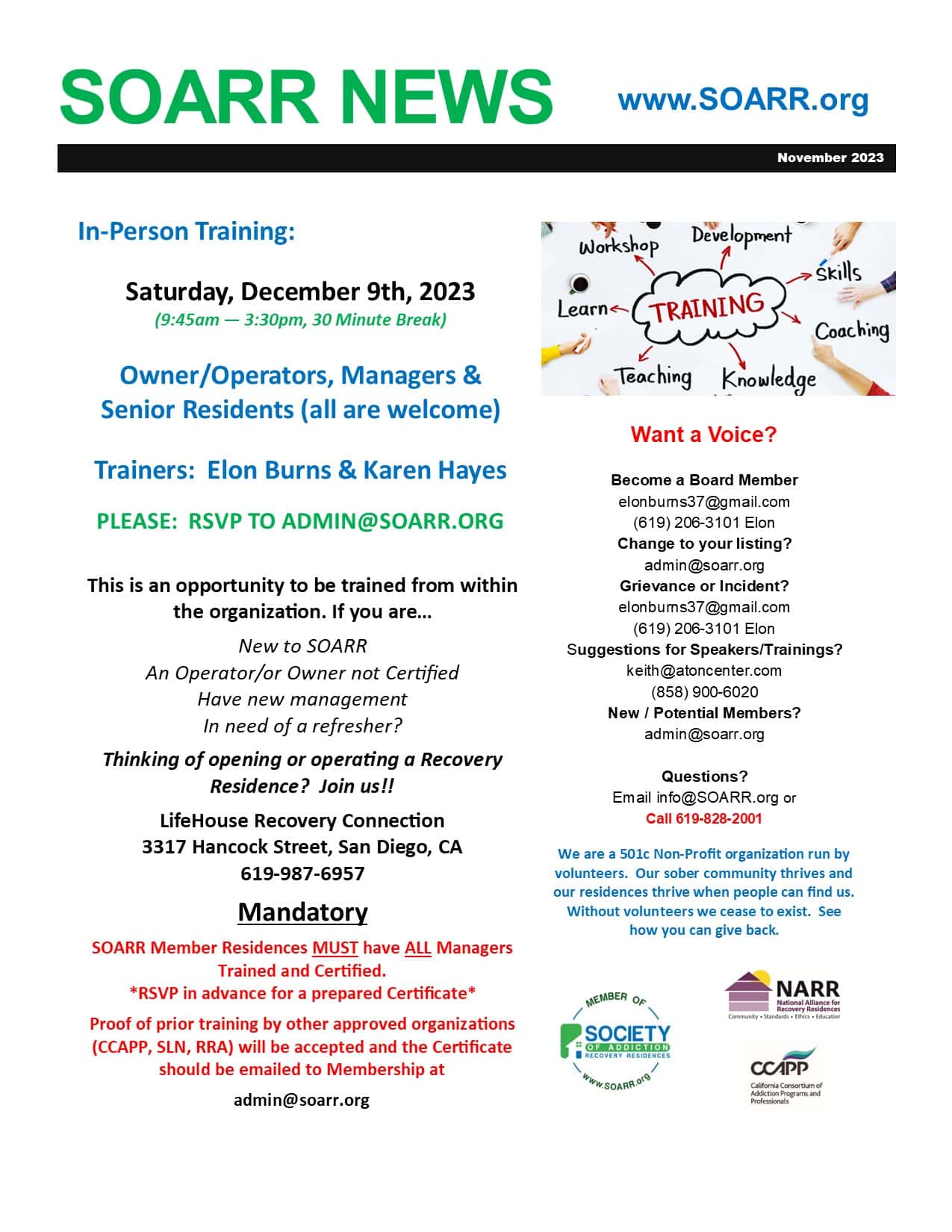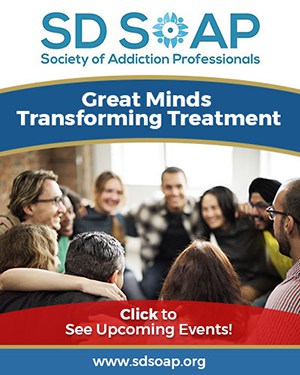Therapeutic communication describes communication techniques for clinical settings such as hospitals, detox, and long-term treatment. These techniques are client-centered, prioritizing the physical, mental, and emotional well-being of the people that the treatment program is serving.
Communication Builds A Foundation
When a person goes into treatment or detox, things can sometimes feel overwhelming. Clinical staff fills the gap between detox and therapy, providing empathy and help to clients as they prepare for their healing journey. Therapeutic communication techniques help people understand their disease and their treatment options. It also helps them feel heard and understood.
Providing a person in recovery with information and support about their condition helps them begin recognizing the symptoms of their addiction. Therapeutic communication doesn’t shame; it helps. People working in addiction medicine can create a trusting space for individuals to work through their thoughts and fears.
How Does Therapeutic Communication Work?
People who work with people with Substance Use Disorder (SUD) spend much time answering questions about treatment and addiction. The clinical staff is there to provide people with SUD with support and information. Workers maintain a professional yet compassionate environment where people can ask questions and get clear answers about addiction and recovery.
Several techniques are also emphasized when a treatment center uses therapeutic communication.
Here is a list of communication techniques used in treatment settings:
- Depending on the setting, therapists and other people who work closely with new clients should always ensure privacy. One-on-one communication should always feel safe. Shutting the door or moving to an empty space to talk is important.
- Introductions with new clients should include information about boundaries that need to be observed.
- Ask clients about their pronouns and respect them. Providers should always address clients by their title (Mrs., Mr., Mx.) and their last name. This helps people get the dignity they need to start their recovery journey. Everyone who walks through the doors is valued.
- Asking open-ended questions allows people with substance use disorder to think aloud and learn from themselves.
- Use silence as a tool to get clients talking once they have been asked a question, and do not interrupt.
- Using active listening, such as restating what a person says, asking them questions, and leaning in to listen.
- Using nonverbal communication such as nodding, smiling, and patting a client gently on the shoulder to comfort them.
- Be aware of any personal bias or judgments, including drugs of choice or other lifestyle choices. Everyone who walks through the doors of rehab or detox is equal and deserves dignity and respect.
- Asking clarifying questions from the client to get a complete picture of their feelings or situation.
- Repeating what a patient says, word for word. This helps the client understand that they are being listened to.
Communication is such an essential part of everyone’s life. Providing a safe and welcoming environment in clinical settings with treatment providers is ideal. People are not monoliths; everyone who gets sober from alcohol or other substances has their own story. Clinicians can recognize this and help people explore their needs, assess their strengths, and help provide a path forward to recovery.
Therapeutic communication is an integral part of the journey for many clients, who often arrive at rehab or detox overwhelmed. Communication can be comforting and helpful to someone learning about their substance use disorder.
About SOARR
We built the Society of Addiction Recovery Residences to help connect sober homes and addiction professionals. We get together, network, and help set California’s standards for sober living. Learn more about what we do and how you can get involved by calling us at 619-828-2001. Please check our upcoming events for other news!





